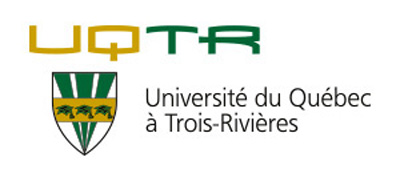Related projects
Discover more projects across a range of sectors and discipline — from AI to cleantech to social innovation.
Mitacs brings innovation to more people in more places across Canada and around the world.
Learn MoreWe work closely with businesses, researchers, and governments to create new pathways to innovation.
Learn MoreNo matter the size of your budget or scope of your research, Mitacs can help you turn ideas into impact.
Learn MoreThe Mitacs Entrepreneur Awards and the Mitacs Awards celebrate inspiring entrepreneurs and innovators who are galvanizing cutting-edge research across Canada.
Learn MoreDiscover the people, the ideas, the projects, and the partnerships that are making news, and creating meaningful impact across the Canadian innovation ecosystem.
Learn MorePertussis or whooping cough is caused by the strict human pathogen B. pertussis or Bordetella parapertussis and is a highly contagious, potentially life-threatening respiratory tract illness when it occurs in unprotected infants. Despite the introduction of acellular pertussis (aP) vaccines and great initial success of the immunization program, pertussis outbreaks were reported in adolescents and adults in Canada since 1993. This trend was demonstrated as shift in pertussis epidemiology from infants and young children. Further, pertussis in children associated with adolescents or adults cases have been reported in developed countries, in which siblings and adults were identified as the main source for the transmission of pertussis to young unvaccinated infants. This program represents a timely response to the urgent public health concern to understand the introduction of different aP vaccine (booster) recommendations (for <65 years old and ≥65) on the transmission dynamics of B. pertussis, and cost-effectives in Canada by developing and testing the comparative age-structure and cost-effective economic models. This program is expected to provide recommendation about acellular pertussis immunization policy and practice guidelines. This modeling study customized in terms of the Canadian demographic structure and health care service in critical for the production plan of cellular pertussis vaccine by Sanofi Pasteur.
Dr. Jianhong Wu
Hossein ZivariPiran, Xiulan Lei & Tara Bittles
Sanofi Pasteur
Epidemiology / Public health and policy
Pharmaceuticals
York University
Accelerate
Discover more projects across a range of sectors and discipline — from AI to cleantech to social innovation.
Find the perfect opportunity to put your academic skills and knowledge into practice!
Find ProjectsThe strong support from governments across Canada, international partners, universities, colleges, companies, and community organizations has enabled Mitacs to focus on the core idea that talent and partnerships power innovation — and innovation creates a better future.













































































































































































































































































































